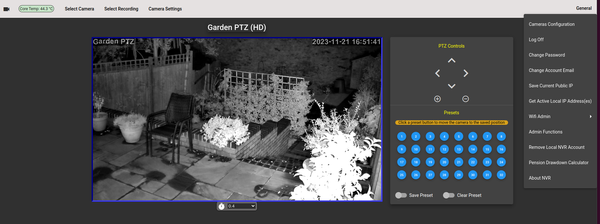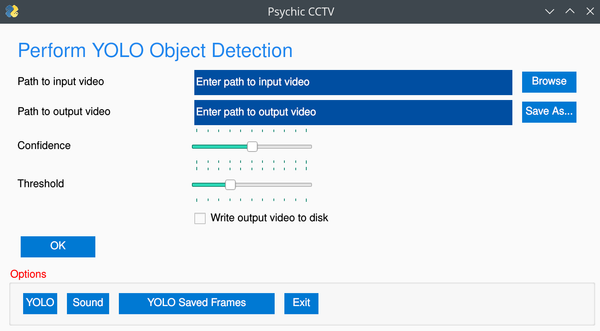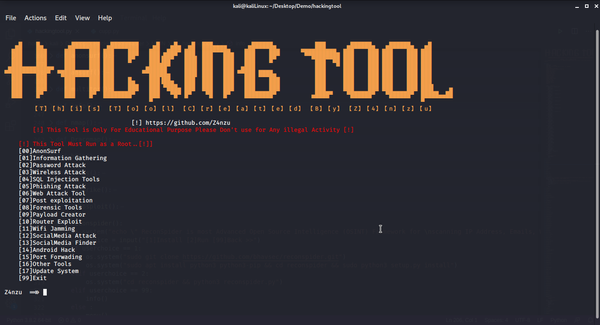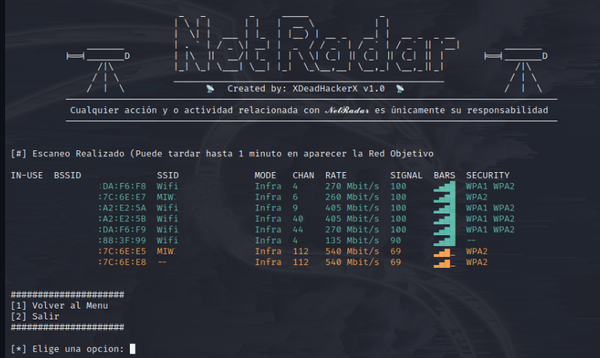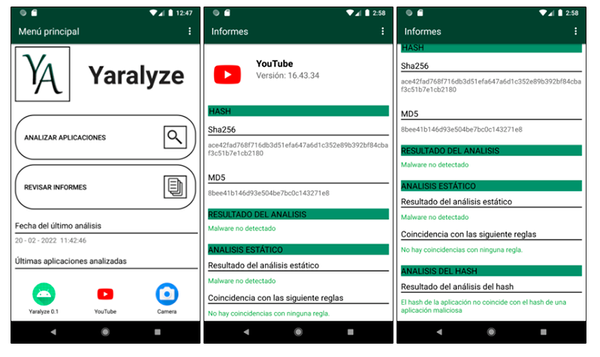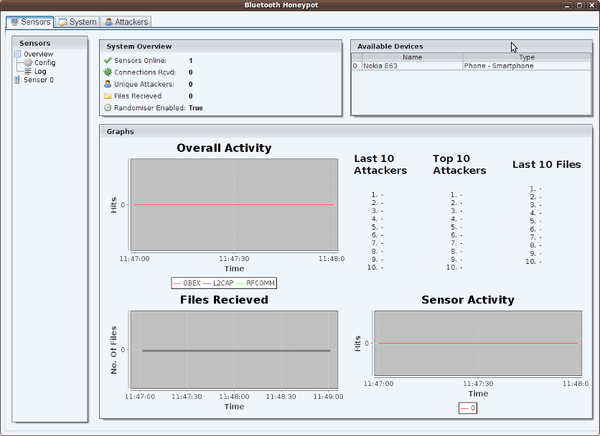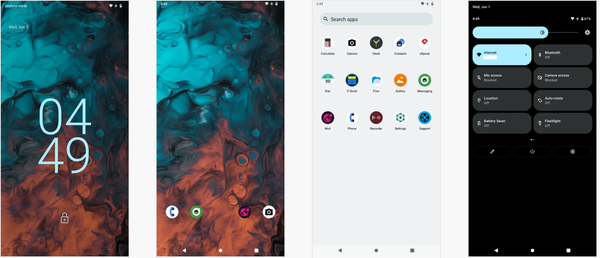
Android
Top 10 Free Malware Scanner for Android - Protect Your Android Device Now, for Daily User and Security Professionals
With over 11 million Android devices affected by malware, protecting your device is more important than ever. Android’s open nature makes it a popular target for cybercriminals who exploit vulnerabilities to access your data, steal personal information, or install malicious software. A reliable malware scanner can help detect and



